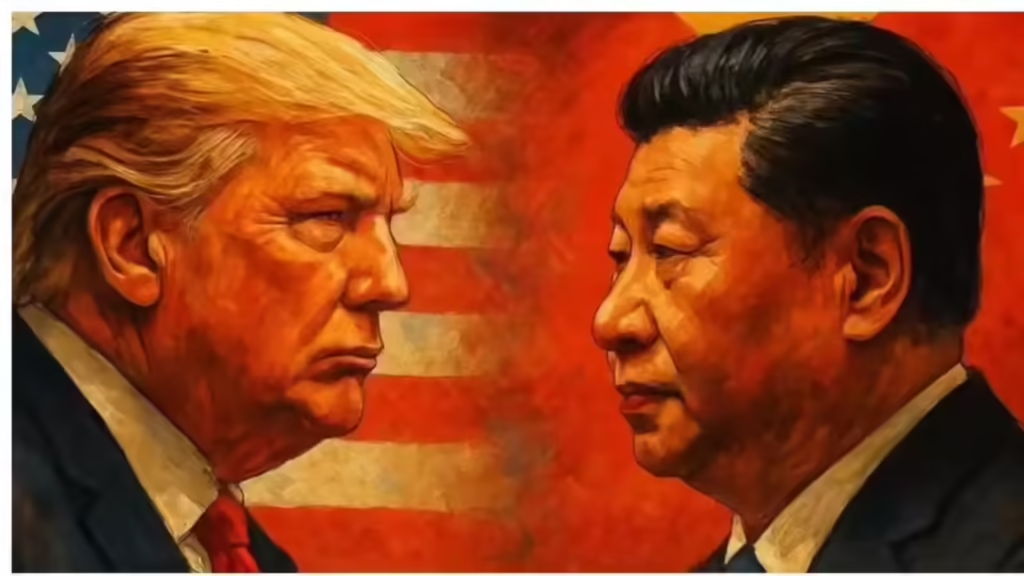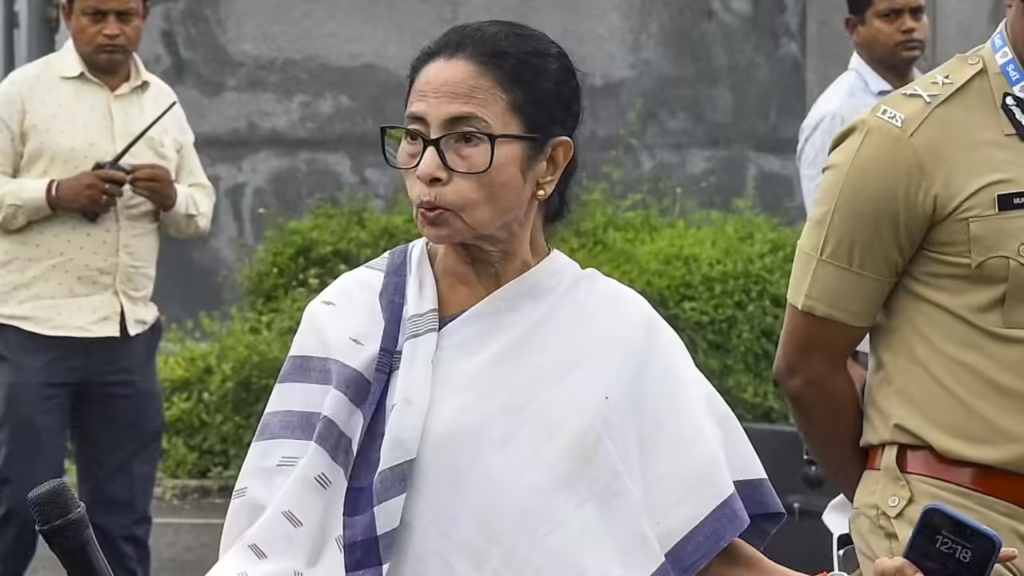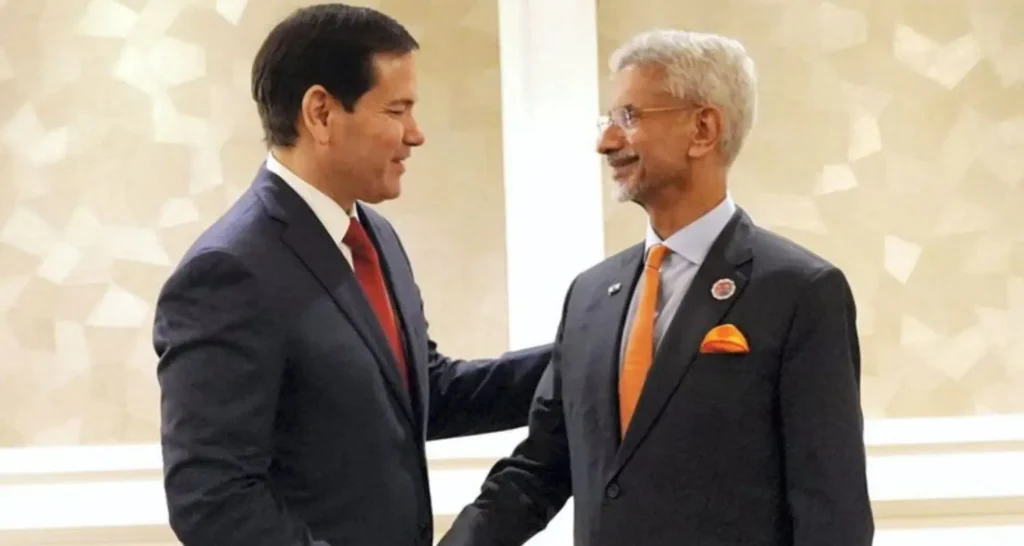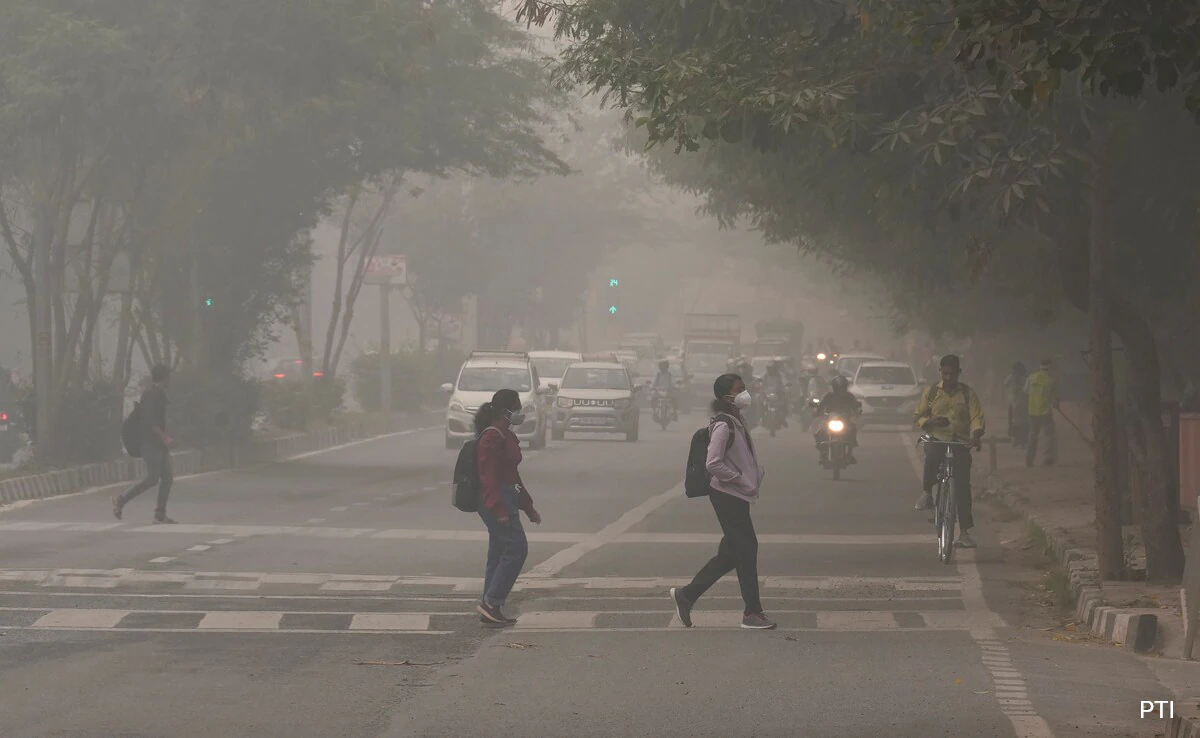Now Reading: Supreme Court Says It Cannot Direct President on Tamil Nadu Governor’s Referred Bills
-
01
Supreme Court Says It Cannot Direct President on Tamil Nadu Governor’s Referred Bills
Supreme Court Says It Cannot Direct President on Tamil Nadu Governor’s Referred Bills
The Supreme Court has clarified that it cannot issue directions to the President of India regarding bills forwarded by the Tamil Nadu Governor for consideration, marking a key constitutional observation in the ongoing tussle between the state government and Raj Bhavan. The court stated that once a bill is sent to the President, it falls entirely within the domain of the Union executive and outside judicial purview.
The Tamil Nadu government had approached the Supreme Court, alleging that Governor R N Ravi had deliberately delayed action on several bills passed by the state assembly and later referred them to the President instead of giving assent or returning them. The state argued that such actions disrupted the legislative process and undermined the principles of federal governance.
Responding to the plea, the Supreme Court bench noted that while it can examine delays or procedural lapses by the Governor before referral, it cannot interfere once the matter reaches the President. The court emphasized that the Constitution clearly defines the separation of powers among the legislature, executive, and judiciary, and judicial overreach in executive functions would be inappropriate.
Legal experts see this ruling as a reaffirmation of constitutional boundaries. They point out that the decision protects the sanctity of the President’s office while subtly urging governors to act within reasonable timelines. The court’s remarks also reflect growing concern over the frequent stand-offs between state governments and governors across several states, particularly over legislative delays.
For Tamil Nadu, this development adds another layer to its ongoing debate over the Governor’s role in the state’s decision-making process. While the state government continues to assert that the Governor’s actions hinder elected governance, the judiciary’s message is clear—constitutional remedies have limits when executive authority is involved.
The verdict reinforces that India’s democratic framework rests on mutual respect among institutions. By drawing a line on judicial intervention, the Supreme Court has underlined that constitutional balance must be preserved even in politically charged disputes.








